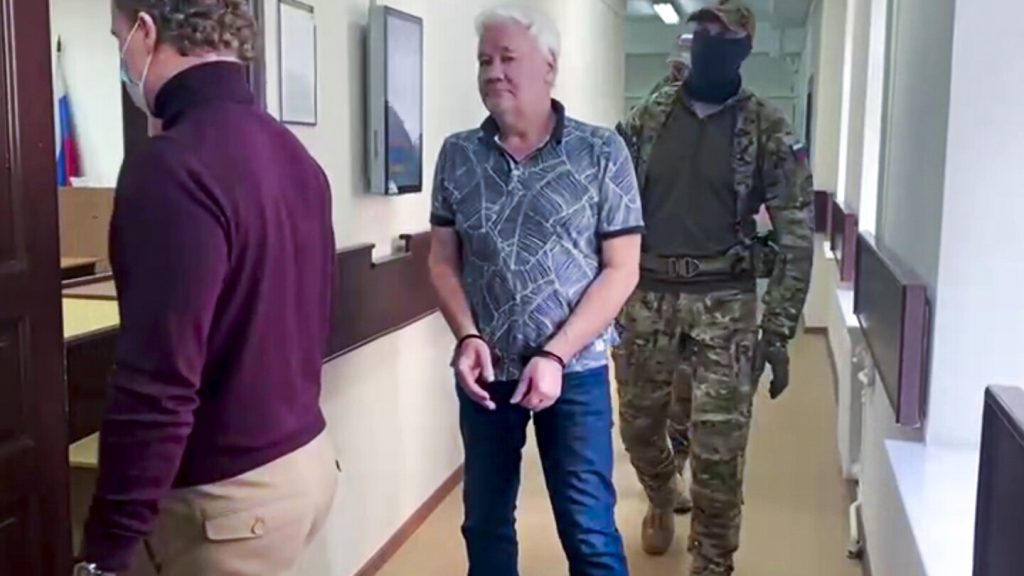Shonov’s case highlights the ongoing crackdown on dissent and foreign connections in Russia. Critics argue that the broad scope of the law under which he was charged allows the government to target anyone with foreign ties. The U.S. government has denounced the charges as baseless and condemned the sentencing as part of a larger pattern of intimidation by the Russian government against its own citizens. Shonov, a former employee of the U.S. Consulate in Vladivostok, was accused of cooperating with a foreign state to undermine Russia’s security, a charge he denies.
Despite working for the U.S. government for over 25 years, Shonov found himself at the center of a diplomatic dispute between the two countries. The U.S. State Department revealed that he had been working for a company contracted by the U.S. embassy in Moscow after the closure of the consulate in Vladivostok due to the COVID-19 pandemic. At the time of his arrest, Shonov’s role was limited to compiling media summaries from publicly available Russian sources. His arrest and subsequent trial shed light on the political tensions between Russia and the U.S., as well as the harsh realities faced by individuals caught in the crossfire.
Following his arrest in May 2023, Shonov was held in Moscow’s notorious Lefortovo Prison, known for its harsh conditions and treatment of prisoners. Despite being tried in a local court in Vladivostok, Shonov was ultimately sentenced to nearly five years in a general regime penal colony. In addition to his prison term, he was ordered to pay a fine of 1 million rubles and face further restrictions for over a year after serving his sentence. The court’s ruling reflects the severity of the charges against Shonov and the government’s firm stance on perceived threats to national security.
The reaction from the U.S. Embassy in Moscow was swift and condemnatory, with officials denouncing the charges against Shonov as completely unfounded. The embassy emphasized that his prosecution was part of a broader campaign of intimidation by the Russian government against its citizens. The sentencing of Shonov under a law that criminalizes cooperation with foreign entities perceived as a threat to Russia’s security raises concerns about freedom of expression and the ability of individuals to maintain connections with the international community without facing persecution.
As Shonov begins his prison term, the case serves as a reminder of the challenges faced by individuals caught in the crosshairs of geopolitical tensions. The U.S. government’s continued support for Shonov and condemnation of his sentencing highlight the broader implications of his case for U.S.-Russia relations. The unfolding events surrounding Shonov’s arrest and conviction underscore the complexities of diplomatic disputes and the impact they can have on individuals working at the intersection of international relations.


